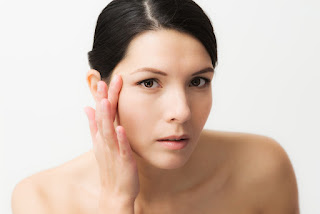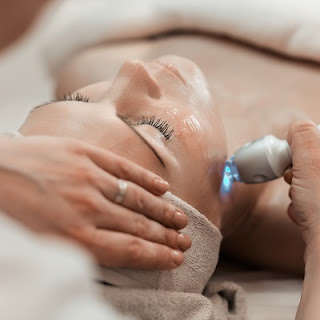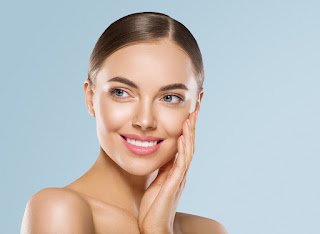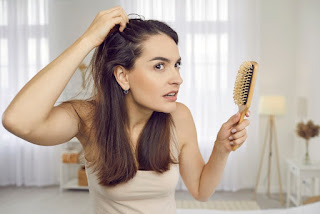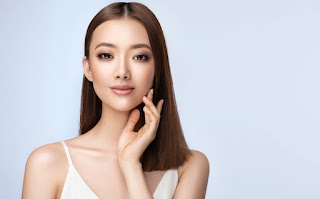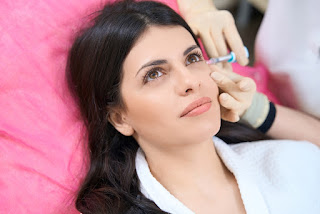The Future of Skin Rejuvenation: What's on the Horizon.

The quest for youthful, healthy skin has been a driving force in the beauty industry for decades. As technology continues to evolve at a rapid pace, so do the possibilities for skin rejuvenation treatments. In this blog post, we'll explore the latest advancements in skin rejuvenation and discuss what the future holds for this exciting field. One of the most promising developments in skin rejuvenation is the use of stem cells. Stem cells are undifferentiated cells that have the potential to develop into many different cell types in the body. Scientists are exploring the use of stem cells to regenerate damaged or aging skin cells, helping to reverse the signs of aging and restore a more youthful appearance. One approach to using stem cells in skin rejuvenation is to harvest them from a patient's own body. This involves taking a small sample of fat tissue, usually from the abdomen, and isolating the stem cells. These cells can then be injected into the face or other areas of the ...
